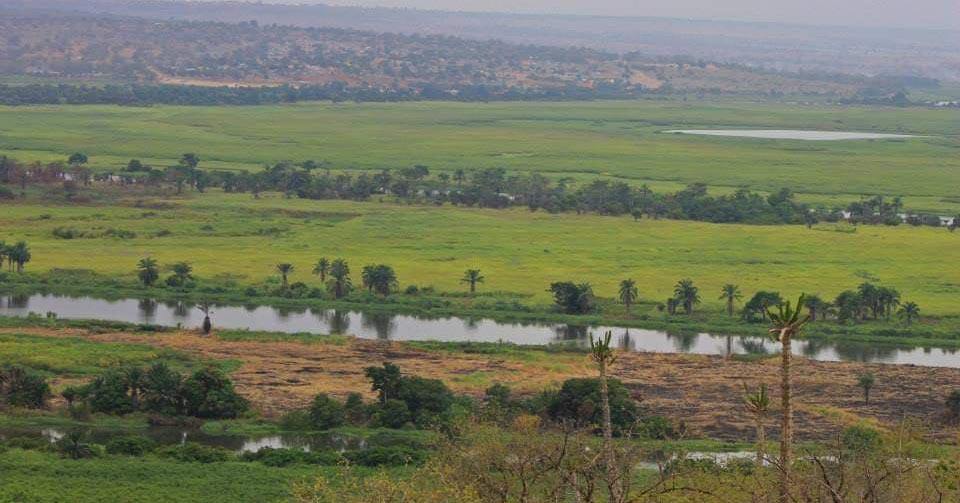16 Sept 2020
Researchers at University of East Anglia have been involved in a study that shows how the main impacts of civil wars on wildlife are often indirect, rather than as a result of military action.

The bushbuck kewel (Tragelaphus scriptus) has been widely hunted in post-war Angola as a result of large-bodied mammals being overhunted. Image © Franciany Braga-Pereira.
A new study has revealed how civil wars impact wildlife in countries affected by conflict.
Researchers at the University of East Anglia (UEA), Federal University of Paraíba (UFPB), Brazil, and University of Agostinho Neto (UAN), Angola, found the main impacts of civil wars on native mammals were often indirect, ultimately arising from institutional and socio-economic changes rather than from direct military tactics.
In a study published in the journal Scientific Reports, increased access to automatic weapons and suspension of anti-poaching patrols were said to be among leading causes of wildlife population collapse.
Installation of military bases within core conservation areas, overhunting of large-bodied mammals and new settlements of displaced refugees also had a bearing on wildlife.
Franciany Braga-Pereira, a zoology PhD candidate at UFPB, led the study. She said: “Currently, 36 countries worldwide are experiencing civil wars and most of these conflicts are either fuelled or funded by international interests, or began after an external intervention.
“These internationalised conflicts are more prolonged and less likely to find a political resolution. Therefore, considering measures that can reduce the impact of warfare on wildlife, we emphasise the intentional or inadvertent complicity of foreign powers, which should promote policies that mitigate the detrimental environmental impacts of armed conflicts.”

Co-author Carlos Peres, from the UEA School of Environmental Sciences, said: “Low-governance developing countries are struggling as it is, even during peacetimes, to protect their wildlife resources, never mind the colossal adverse consequences of breakdown in law and order brought about by a civil war.
“Yet there are no adequate international mechanisms to deploy peace forces to maintain the status quo of vulnerable wildlife populations in troubled parts of the world.”